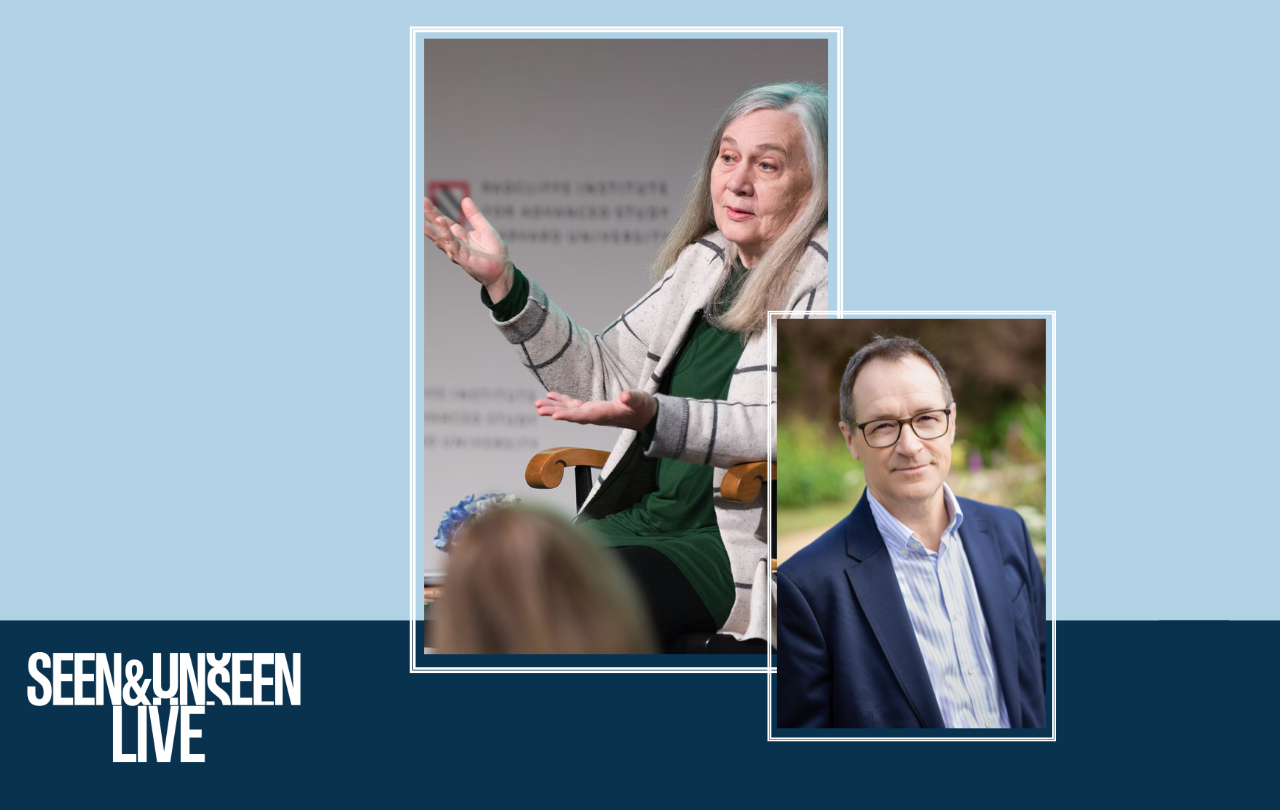
Have you heard? It’s cosy season.
And such a season comes with instructions: light your candles, put on your thick socks, order the pumpkin-spiced latte, and dig out the Nora Ephron movies. Wade through piles of crunchy leaves. Cook a roast dinner. Wear your woolie sweaters, re-read Jane Austen, ruminate on the sheer romance of Tom Hanks offering to send Meg Ryan ‘a bouquet of newly sharpened pencils’ to celebrate the arrival of Autumn (if you don’t know that reference, you haven’t dug out the Nora Ephron movies yet. Chop chop.)
Do it all. And document it, too. Create montages accompanied by the Gilmore Girls theme-tune and share them with the world.
Why?
Well, because that’s what we do in cosy season (Or ‘cozy’, as Nora would spell it in America.) You see, we’ve acquired this new way of being. It’s a social-media phenomenon: we make our mundane feel like a movie, we romanticise our way through the year.
And I don’t think that’s as trivial of a craze as it sounds. I actually think the contrary, I think it reveals something true and profound about us. If anything, my only critique is that the imperative to ‘romanticise your life’ doesn’t actually go far enough.
The social media trend, which took off in the dark depths of the pandemic and has stuck around ever since, is a kind of relinquishing of control and a rebellion against a disenchanted life. For example, ‘cosy season’ encourages us to think about Autumn as something that is happening to us, personally. We can’t control the arrival of this seasonal shift, our only choice is how we respond to it: we can greet it, we can notice it, we can celebrate it. We can, if we so wish, imbue it with meaning.
And we should.
Because to do such - to permeate the mundane with joy, beauty and meaning - is to defy distraction and disenchantment. It is to be in the present without wishing it were somehow otherwise. It’s a good thing.
I just wonder if it’s enough.
Because, the thing is, I don’t think it’s a romantic life we crave. Not really. I think we’re seeking something deeper. I think it’s a holy life we’re in search of – holy, as in, a life that has a dusting of the divine. A life that is soaked in seen and unseen goodness, permeated with the essence of eternity. A life that has heavenly fingerprints all over it.
Ultimately, a life that means something. Not just on the obviously catalytic days – but on the days that fly right under the radar. We want to be sure that those days matter, too.
What if ‘romanticising our life’ is a secular way in which we’re trying to hallow the ordinary? What if it is an acknowledgement of the sacrality of the monotonous? Just, without the God bit. If we were more in-tune with spiritual realities, more able to identify our soul’s deepest cravings and wonderings – would we be sacralising our lives, as opposed to romanticising them?
I reckon so.
Snippets are a new Seen & Unseen format. Short takes on the current moment.





